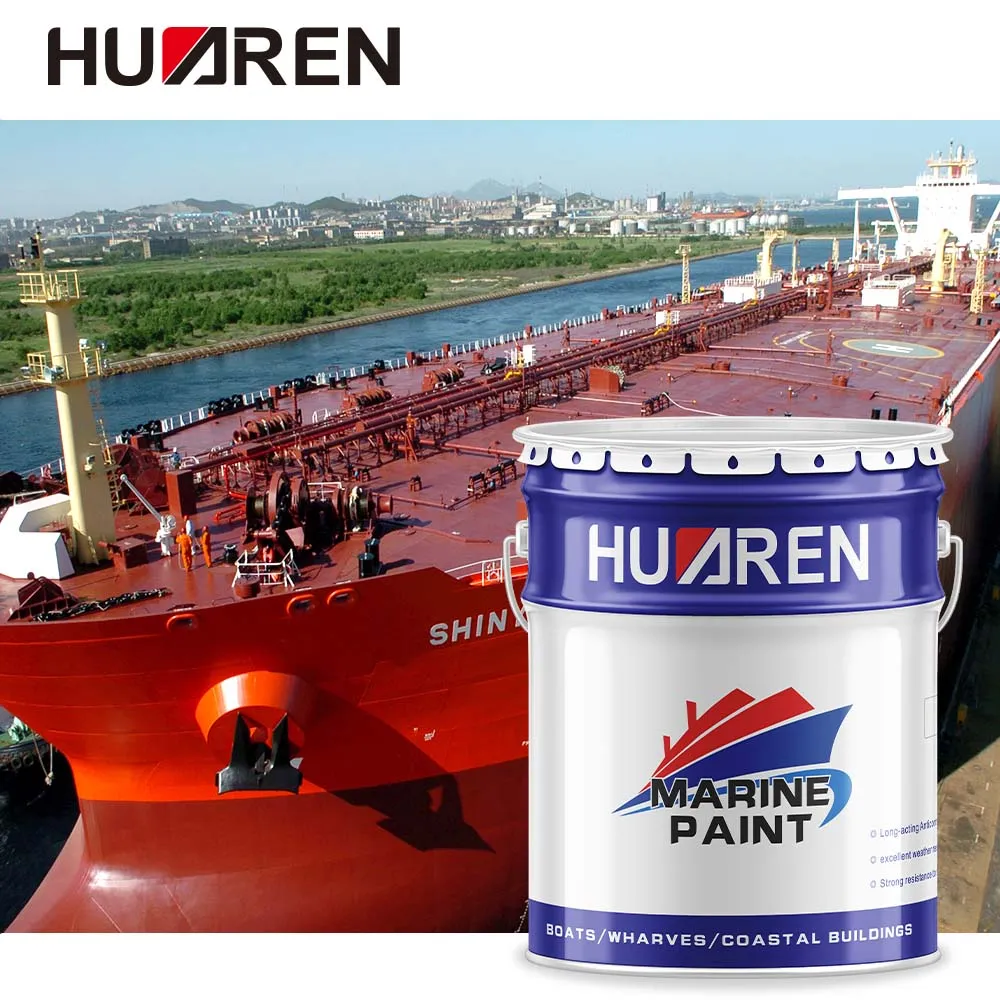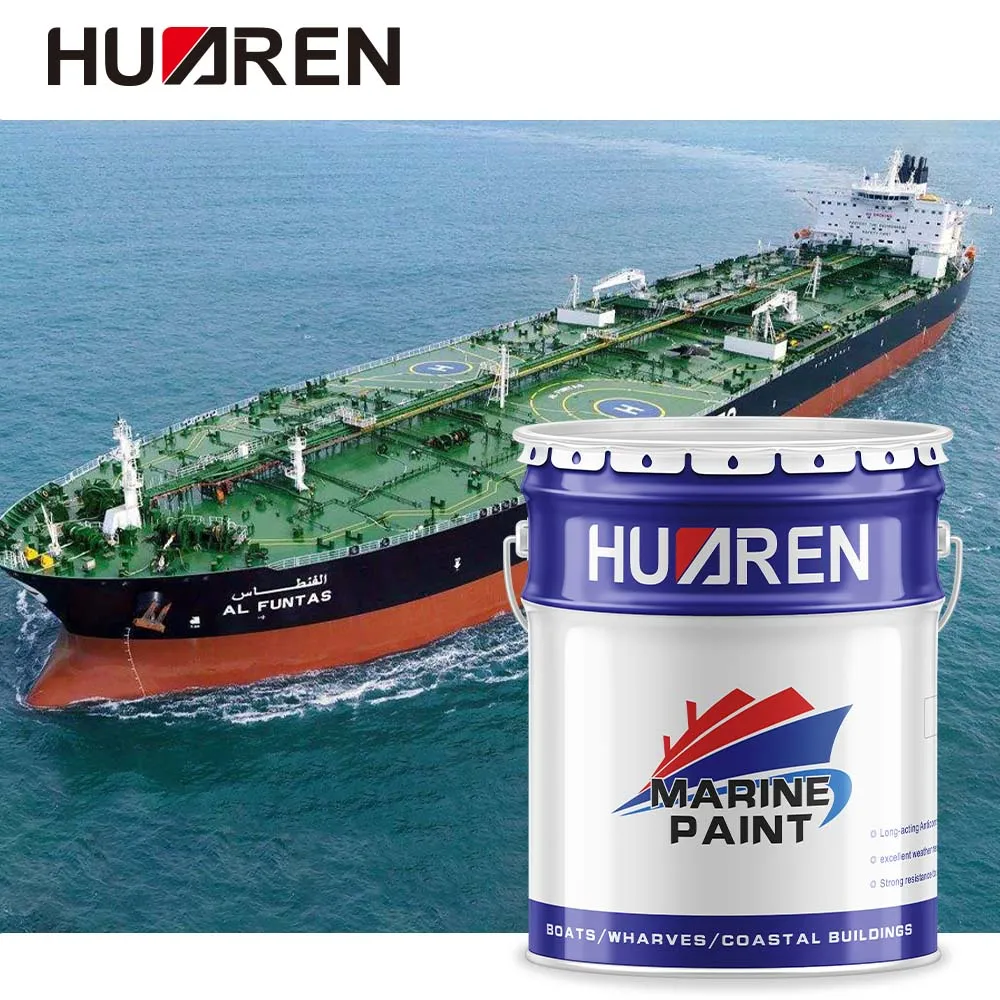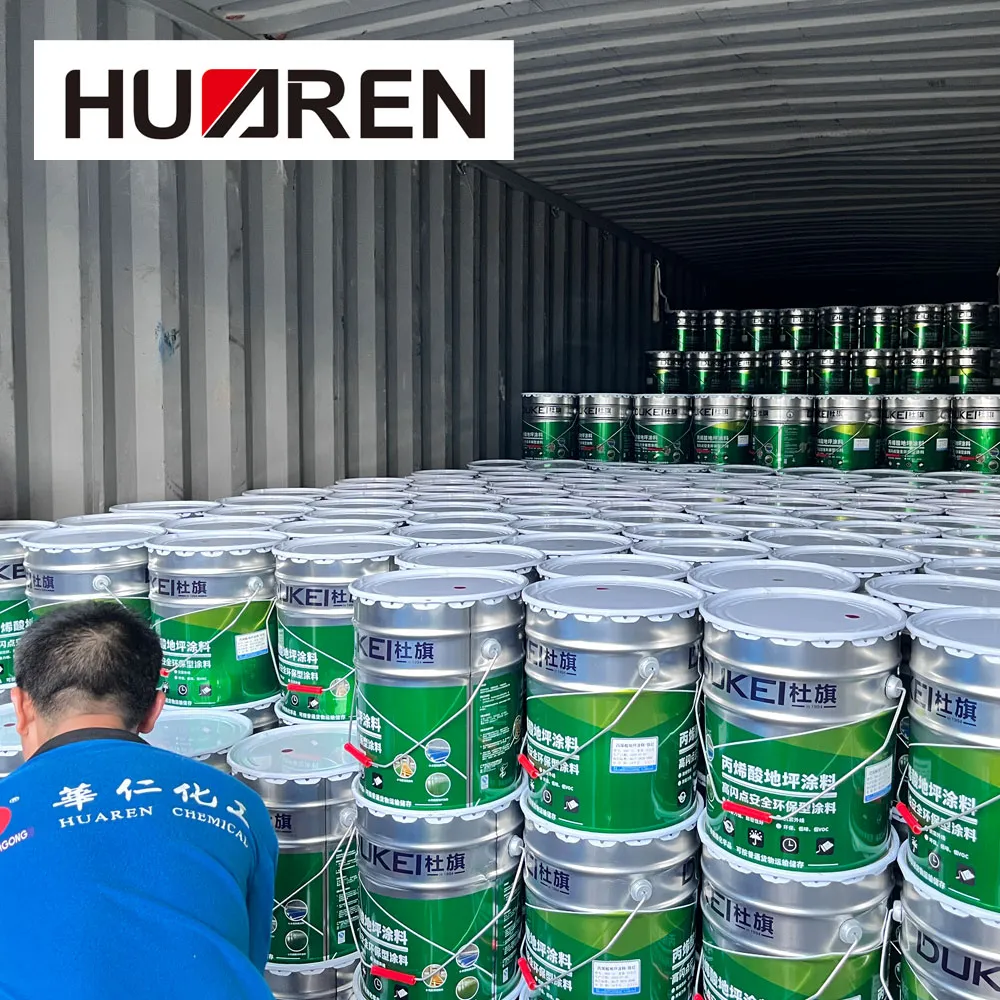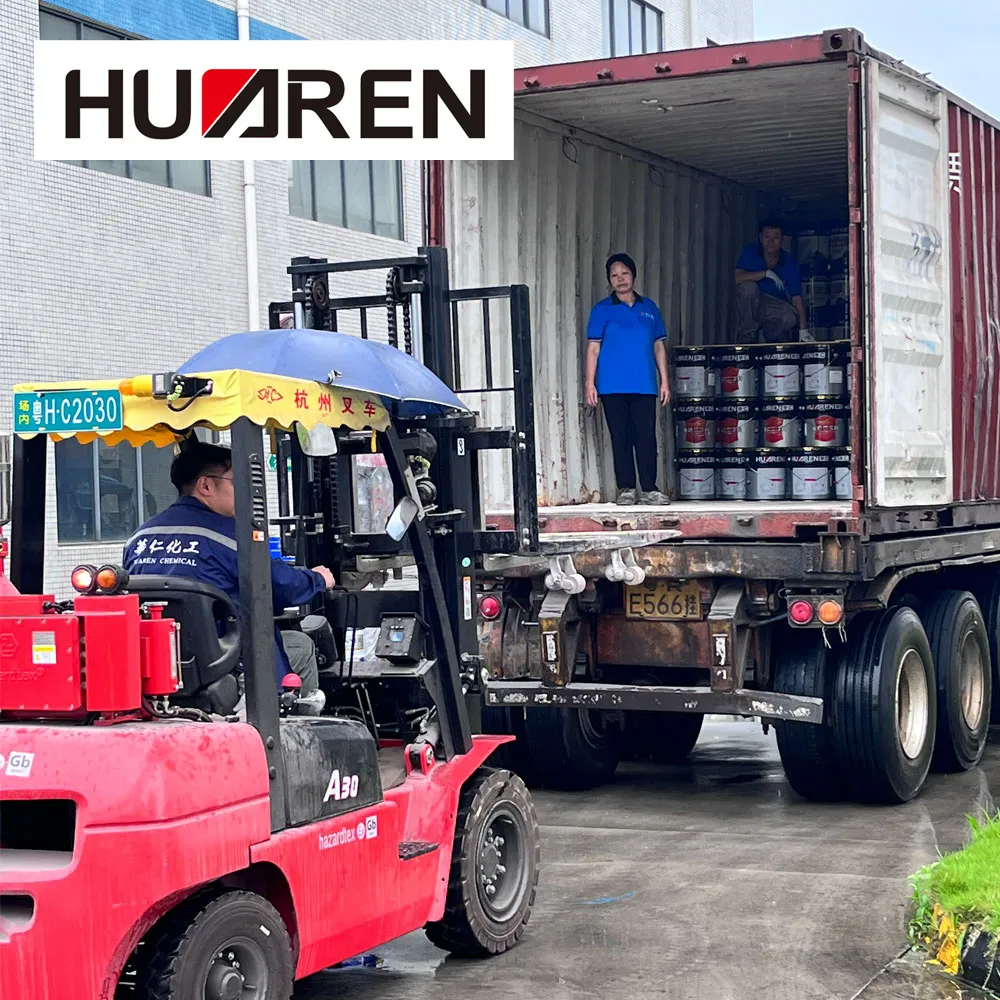In the world of industrial coatings, different coatings have different uses and scopes of application. Marine boat paint is a coating designed specifically for ships, mainly used to protect ships from seawater erosion, UV radiation and other environmental factors. It usually has strong corrosion resistance, water resistance and wear resistance.
As industrial needs change, many people begin to wonder whether marine paint can be applied to metal materials? Can metal surfaces benefit from the performance of marine boat paint? This article will explore this question in depth.

What is marine boat paint?
Marine boat paint is a coating designed for marine environments. It not only needs to have high tolerance to water, but also needs to provide strong anti-corrosion, anti-UV, anti-fouling and other functions. Marine boat paint has different ingredients and formulations depending on its use. For example, anti-corrosion marine boat paint usually contains a large amount of zinc, lead or other metal elements, which can effectively prevent metal surfaces from rusting; while anti-fouling marine boat paint uses a special formula to prevent marine organisms such as barnacles and shellfish from attaching to the bottom of the boat.
The main functions of marine boat paint include:
· Anti-corrosion: prevent metal (especially steel) from being corroded by seawater.
· Water resistance: can withstand water erosion for a long time and prevent water penetration.
· Abrasion resistance: especially in the underwater part of the ship, it needs to withstand long-term friction.
· UV resistance: will not fade or be damaged after long-term exposure to sunlight.
· Anti-fouling: prevent marine organisms from attaching and reduce cleaning work.

What are the components of marine paint?
The components of marine paint vary depending on its use and type. Common marine boat paints include anti-corrosion paint, anti-fouling paint and decorative paint. In order to adapt to the marine environment, marine boat paints often need to add some special additives to make them have strong weather resistance and protection.
1. Anti-corrosion marine paint
Anti-corrosion marine paint usually contains metal particles such as zinc powder, lead powder, and aluminum powder. These particles can form a metal oxide film on the coating, thereby providing long-term anti-corrosion protection. In the seawater environment, the hull metal is prone to electrochemical reactions and rust. At this time, the role of anti-corrosion paint is particularly important.
2. Antifouling marine paint
Antifouling marine paint contains biocides that can effectively prevent marine organisms such as barnacles and seaweed from attaching to the surface of the hull. This type of paint usually uses a slippery formula to reduce the chance of biological attachment while keeping the surface smooth and reducing resistance.
3. Decorative marine paint
Decorative marine paint is mainly used to enhance the appearance of the ship, with high gloss, good light resistance and water resistance. This type of paint is usually used on the superstructure of the ship (such as cabins, portholes, etc.), focusing on its aesthetics.
Can marine boat paint be used on metal?
Metal is one of the most common materials in shipbuilding. Whether it is the hull, rudder, anchor chain, or other metal parts, they all need to be protected from corrosion. Therefore, marine paint has a strong adaptability to metal surfaces. In the shipbuilding industry, common metals include steel, aluminum, copper, nickel, etc., and marine boat paint is usually designed to be compatible with these metals.
1. Steel
Steel is one of the most widely used metals in ships, especially the main material of the hull. The anti-corrosion function of marine paint is particularly important for steel. Steel is easily corroded by seawater, forming rust, which affects the service life of the ship. Marine boat paint effectively extends the service life of steel by providing a corrosion-resistant protective layer.
2. Aluminum
Although aluminum is less used in ships, it plays an important role in some high-performance ships. Aluminum alloy has high corrosion resistance, but it may still be corroded due to long-term exposure to seawater. Therefore, using anti-corrosion marine paint to protect the surface of aluminum is also a necessary choice.
3. Copper and nickel materials
Copper and nickel alloy materials are commonly used in pipes and seawater equipment in ships. Although these metals themselves have strong resistance to seawater, the surface may still be damaged during long-term use. Using marine boat paint to coat these metal surfaces can further enhance their water resistance and corrosion resistance.

Is marine paint suitable for other metals?
For many metal surfaces, marine paint can not only be used, but also very suitable. These metal surfaces usually require protection from corrosion, moisture and friction, and the strong waterproofness and wear resistance of marine boat paint make it an ideal choice. The following are the types of metals that marine boat paint can be widely used for and their applications.
1. Industrial metal materials
Marine paint is not only suitable for ship metals, but can also be used in many industrial applications, such as steel structures, metal facilities, pipelines, storage tanks, bridges, etc. These metal materials are often exposed to harsh climatic conditions, especially in high humidity and salt spray environments. The anti-corrosion properties of marine boat paint can effectively protect the metal surface.
For example, large metal facilities in industries such as steel mills and chemical plants need to be exposed to humid, high temperature, and highly corrosive environments for a long time. The anti-corrosion properties of marine paint make it an ideal protective material for these facilities.
2. Automobiles and vehicles
The durability and corrosion resistance of marine paint also make it an ideal choice for the protection of metal surfaces of some vehicles. For example, the chassis and body of some high-end cars, trucks, and road transportation equipment also use marine boat paint to improve their corrosion resistance. In this case, the strong waterproofness of marine boat paint combined with the corrosion resistance of metal can effectively extend the service life of automotive parts.
3. Construction field
Marine boat paint is also widely used in the construction field, especially in bridges, building facades, metal doors and windows and other parts. Due to its weather resistance and anti-corrosion properties, marine boat paint can provide reliable protection to prevent metal surfaces from being damaged by long-term exposure to air, moisture and ultraviolet rays.

What are the precautions when using marine paint?
Although marine paint has excellent application prospects in many metal surfaces, some details still need to be paid attention to in actual use. Here are a few important matters when using marine boat paint:
1. Surface treatment
Before applying marine boat paint, it is necessary to ensure that the metal surface is clean, rust-free and oil-free. Usually, rust removers or mechanical grinding are used to remove rust or contaminants on the metal surface to ensure good adhesion of marine boat paint.
2. Choose the right marine paint
Choose the right marine boat paint according to the type of metal and the environment in which it is used. For steel and other metal materials, you can choose marine boat paint with strong corrosion resistance; for some metal surfaces that need to resist stains, you can choose anti-fouling marine boat paint.
3. Construction environment
The construction of marine paint needs to be carried out in a dry and well-ventilated environment. Excessive humidity or low temperature may affect the drying and curing effect of marine boat paint, resulting in uneven coating and affecting its anti-corrosion performance.
What product types do you manufacture and where are they used?
Our portfolio includes epoxy primers and floor coatings, acrylic varnishes, alkyd paints, chlorinated rubber coatings, phenolic finishes, nitrocellulose lacquers and water-based industrial paints. We also supply heavy-duty anti-corrosion systems designed for harsh environments.
These products serve petrochemical plants, mechanical equipment, steel structures, shipyards, building contractors, home appliance manufacturers, stainless steel and aluminum fabricators, and plastic goods producers.

